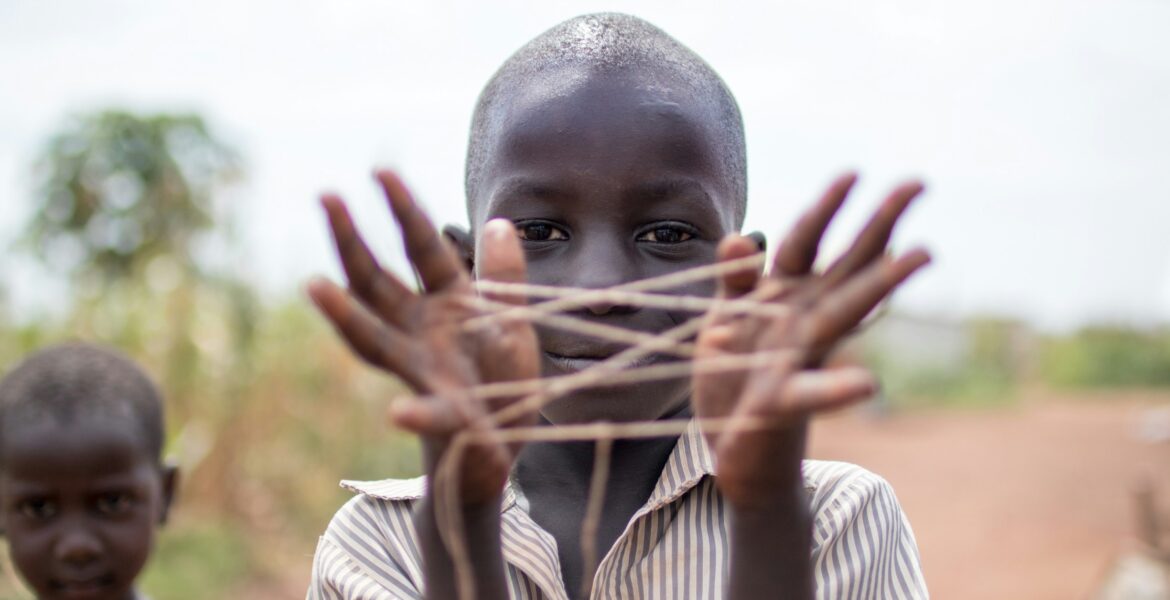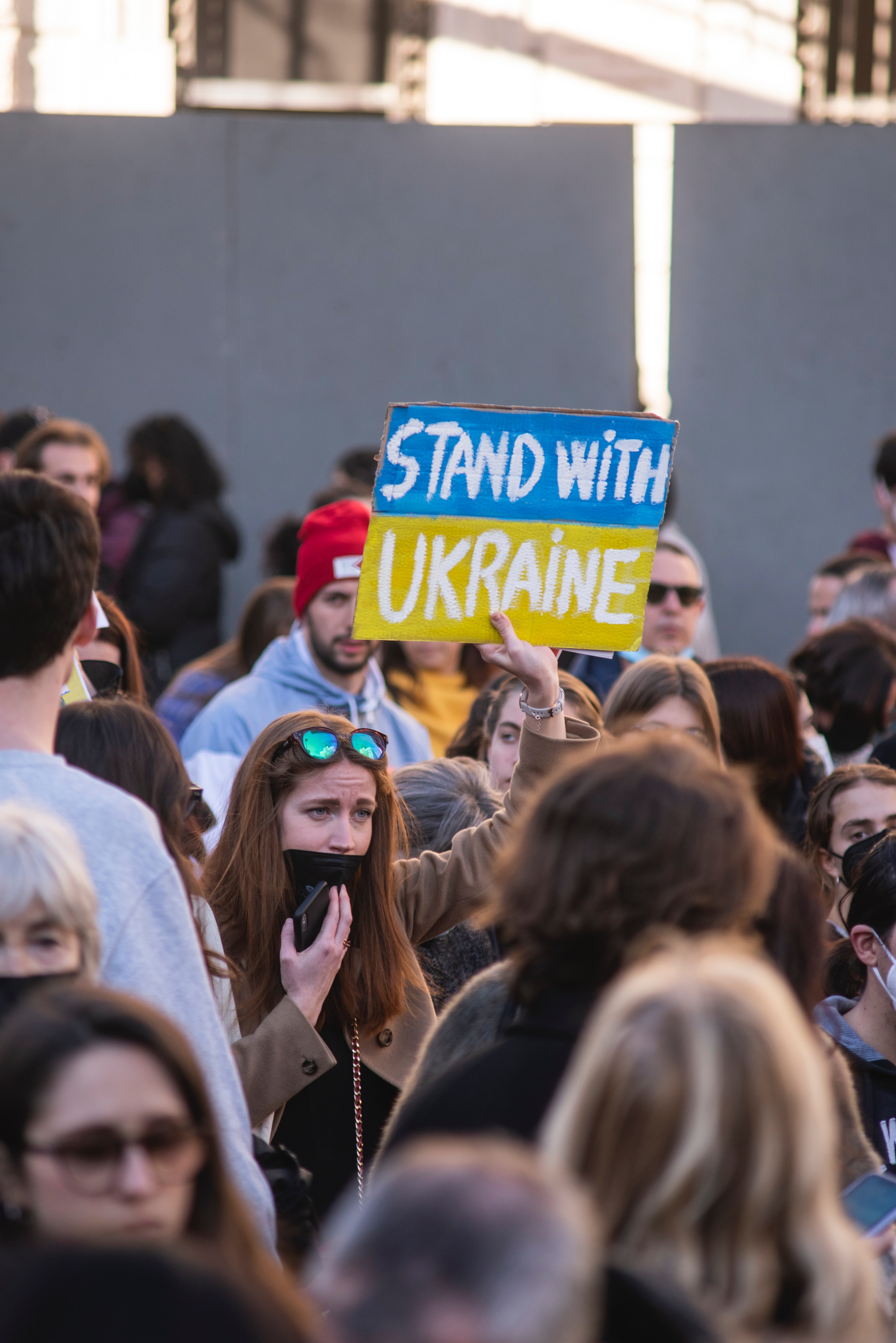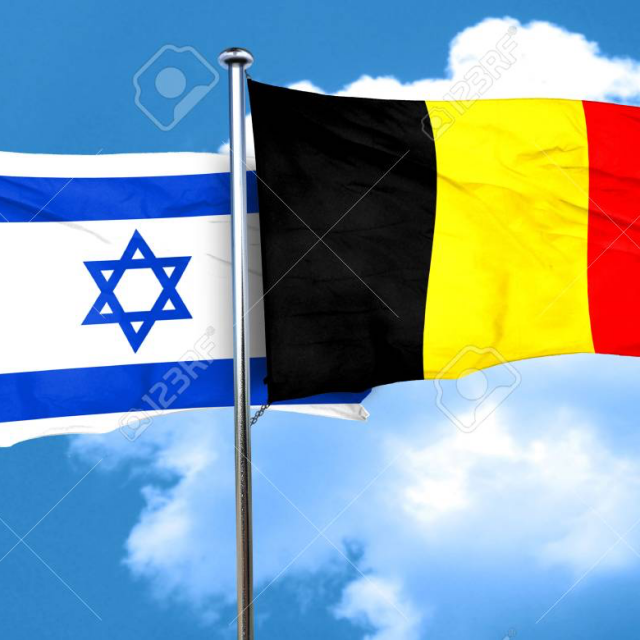Photo by Alex Radelich on Unsplash
Russia’s increasing presence in Africa marks an important shift in global geopolitical dynamics. Unlike the Soviet Union, which had a more ideological approach, today’s Russia operates as an oligarchic, authoritarian state, with a focus on securing political, economic, and military ties on the African continent. While Russia’s strategy may bring certain benefits to some African nations, it also raises concerns about the long-term impact on regional stability and development.
One key aspect of Russia’s approach in Africa is its effort to challenge the principle of neutrality in international relations. By cultivating relationships with certain African governments, Russia aims to foster a network of countries that may be more sympathetic to its interests. This, in turn, can create divisions within the continent, as nations may be encouraged to align themselves either with Moscow or with other global powers, potentially weakening regional unity.
In some instances, Russia’s involvement has been linked to fostering political tensions or instability in specific countries. Moscow’s engagement with various African states can sometimes lead to altered political dynamics, contributing to ongoing internal conflicts or inter-state rivalries. Russia’s influence has also extended to its growing military presence, including the establishment of military partnerships and bases in some regions. While these moves are seen by some as part of a broader strategy to ensure Russian security interests, they have raised concerns about the potential for escalating regional conflicts and undermining local sovereignty.
Russia has also been active in shaping the information landscape across Africa. According to the African Centre for Strategic Studies, between 2014 and 2022, there were 23 major disinformation campaigns across the continent, with a significant number linked to Russian sources. Additionally, Russian cyber experts are believed to have interfered in the elections of several African nations, potentially swaying political outcomes and affecting public opinion. These efforts can destabilise governments and weaken democratic processes, which raises concerns about the integrity of African political systems.
Beyond military and political influence, Russia has sought to build economic relationships through its involvement in sectors like mining, energy, and arms trading. The Russia-Africa Partnership Forum, for instance, provides a platform for Russia to strengthen ties with African leaders, sometimes offering favourable economic agreements in exchange for political support. However, some critics argue that these arrangements may disproportionately benefit Russia, potentially limiting the growth and sovereignty of African economies in the long run.
Russia’s growing role in Africa is also tied to its geopolitical rivalry with the West. While some African nations may view Russia as a counterbalance to Western influence, others express concern about becoming embroiled in a larger power struggle. The potential for exploitation of Africa’s resources—both natural and human—raises questions about the long-term sustainability of these relationships.
In particular, regions that are already marked by conflict and instability, sometimes referred to as grey zones, have become focal points for Russian influence. These areas are often flooded with arms and mercenaries, which further complicates efforts for peace and development. Additionally, Moscow has been linked to migration routes across Africa, which it is believed to use as leverage to influence European Union migration policies. This manipulation of migration flows may increase the pressures on both African and European governments and exacerbate existing tensions.
Russia’s support for various militant groups in Africa, including some jihadist organizations, has raised alarm. By providing funding and arms to such groups, Russia’s actions contribute to instability, which may help further its interests in the region, even as it deepens existing crises. These interventions can undermine African sovereignty and hinder efforts to achieve lasting peace.
Russia’s growing involvement in Africa represents a complex mixture of military, political, economic, and informational strategies. While some African countries may benefit from stronger ties with Russia, the long-term consequences of these relationships are still unclear. As Russia’s influence continues to grow, it is important for African nations, as well as the international community, to carefully consider how these alliances are shaping the continent’s future. A balanced approach that promotes peace, stability, and sustainable development will be key to ensuring that Africa’s sovereignty is respected and that the continent can continue to move toward a prosperous and independent future.




